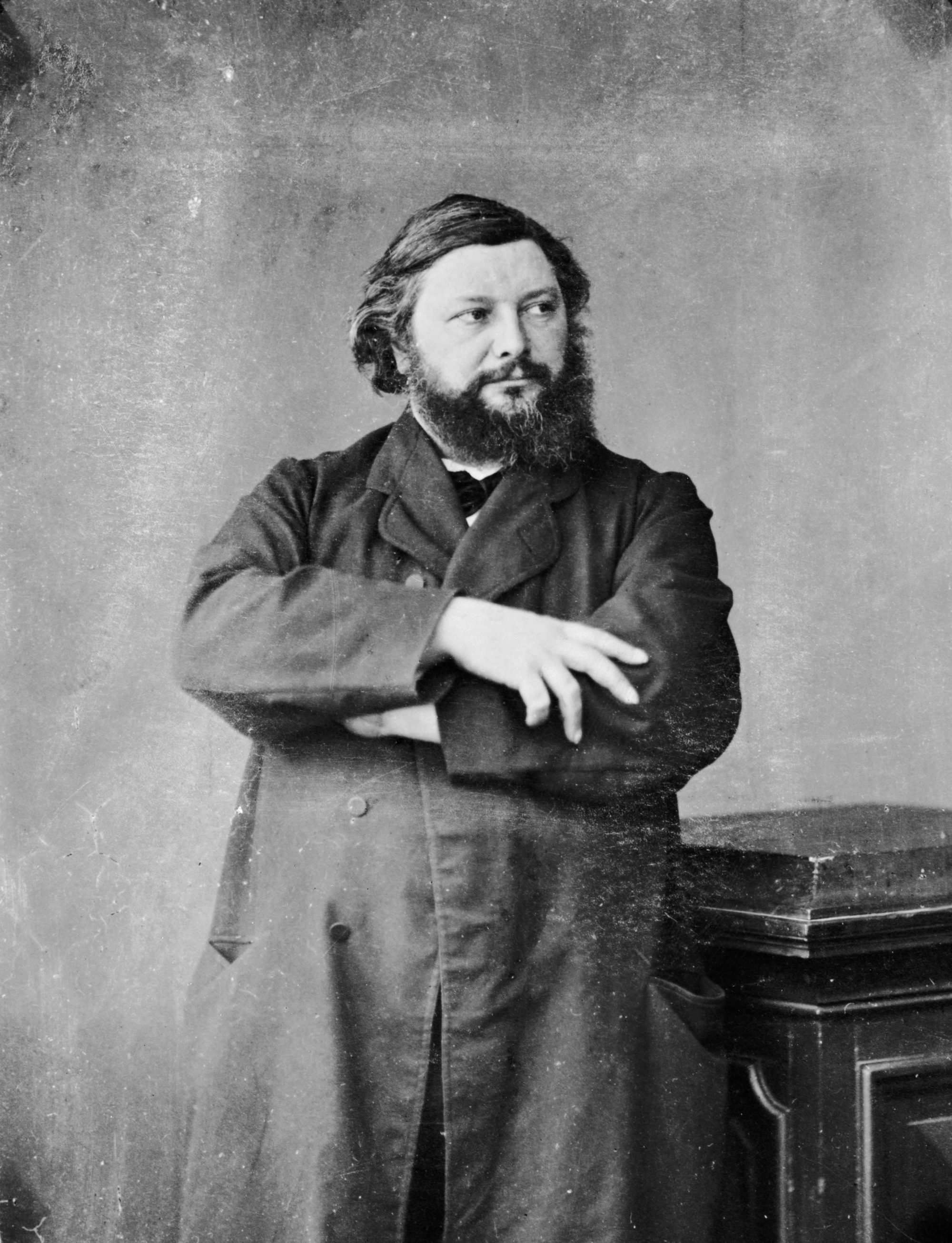
After a seven-year tug of war, a French court has ruled that Facebook was wrong to close the social media account of educator Frédéric Durand without warning after he posted an image of Gustave Courbet’s 1866 painting The Origin of the World.
While the court agreed that Facebook was at fault, the social media giant is not being made to pay the $25,000 penalty suggested by Durand’s lawyer to cover damages to his client.
Durand’s lawyer, Stéphane Cottineau, told artnet News that the court recognized that Facebook made a mistake in disconnecting his client without warning. But because Durand was able to open another account, the court ruled that there was no damage. “We are refuting this, we are making an appeal, and we will argue in the court of appeal that, actually, there was damage,” he said.
Cottineau explained that when the social network deleted Durand’s account in 2011, he lost his entire Facebook history, which he didn’t use for social purposes, but rather to share his love of art, particularly of street art and the work of contemporary living painters. He would go to exhibitions, write and take photos, and share them with his 800 followers, who he has only arduously been able to regain over the past seven years. “Then there is the damage of having been judged as someone who was not decent enough to be part of a social network, a bit like a pornographer because he shared images that had to be censored by the social network,” he added.
Gustave Courbet’s The Origin of the World (1866). Photo: Pascal Guyot/AFP/Getty Images.
According to Cottineau, Facebook argued that Durand’s account wasn’t censored because he posted The Origin of the World, but because of a separate contractual issue around his use of a pseudonym, which breaks the social network’s terms of use. Cottineau refutes this and says it will be addressed in the appeal.
When contacted by artnet News, Facebook’s director of public affairs in France and Europe, Delphine Reyre, said in a statement, “We took note of the decision made today and wish to remind everyone that The Origin of the World is a painting that has a perfectly valid place on Facebook.”
Speaking to artnet News, Durand said it was unfortunate Facebook did not engage his suit and lamented that there wasn’t an opportunity to address why he was censored. Then there’s the issue of the content he shared before his account was shut down: “I’m sure Facebook still has my texts and my photos, and could very well restitute them, but, well, apparently they don’t want to, and we’re asking why not?” he said.
Durand says he knows a lot of artists whose work is censored on the social network and referenced the Venus of Willendorf in Vienna, which recently also fell afoul of Facebook’s nudity policy. “Even with that, the system has not taken the opportunity to tell Facebook ‘You can’t censor art,’” he said.
Durand added that he was disappointed that the justice system had passed up the opportunity to defend French culture, which he said is particularly open in both nudity and art because of its Greco-Roman roots. He said there were a lot of people in France—artists, local officials, and art lovers—who were awaiting the court’s decision because they live and work in neighborhoods where “it isn’t easy” to have this open French culture accepted.
“I would like for us to keep this very open French culture. That can shock,” the educator said. “It’s this freedom that I want to defend. I want my students and my children to be able to see the same works of art that we were able to see. Right now, they might not pose a problem, but they might pose a problem later. I’m using this opportunity to defend the Venus of Willendorf, or the photos of Man Ray, or a painting by Courbet.”